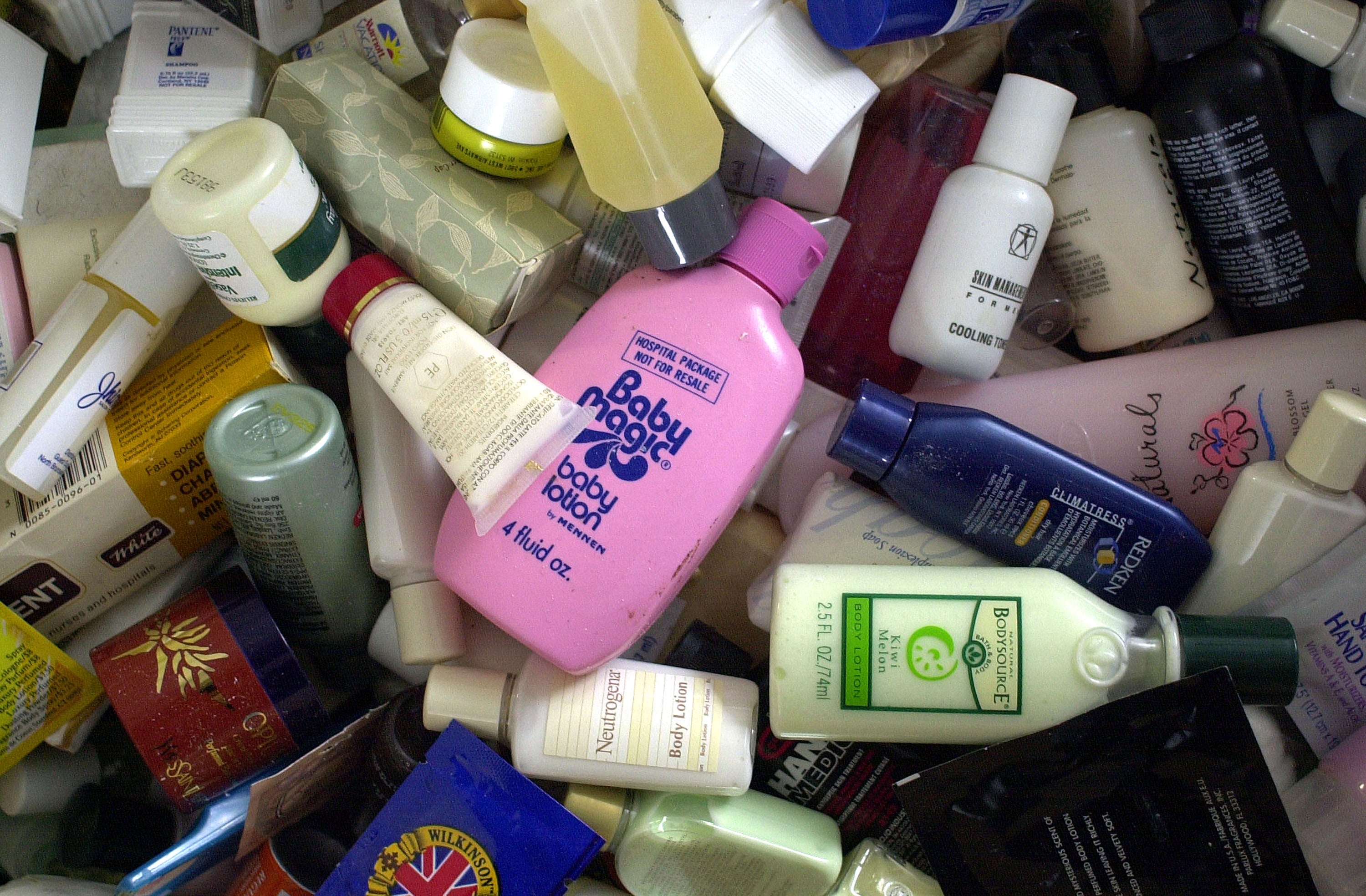UK bathrooms home more than 152 tonnes of empty plastic bottles, says survey
Most adults said they were doing everything they can to recycle products that they are using

Your support helps us to tell the story
From reproductive rights to climate change to Big Tech, The Independent is on the ground when the story is developing. Whether it's investigating the financials of Elon Musk's pro-Trump PAC or producing our latest documentary, 'The A Word', which shines a light on the American women fighting for reproductive rights, we know how important it is to parse out the facts from the messaging.
At such a critical moment in US history, we need reporters on the ground. Your donation allows us to keep sending journalists to speak to both sides of the story.
The Independent is trusted by Americans across the entire political spectrum. And unlike many other quality news outlets, we choose not to lock Americans out of our reporting and analysis with paywalls. We believe quality journalism should be available to everyone, paid for by those who can afford it.
Your support makes all the difference.Bathrooms across the UK are home to more than 152 tonnes of empty plastic bottles, which is 11 times heavier than the bell of Big Ben, according to a survey.
A poll of 2,000 adults tallied up how many shampoo, conditioner and make up bottles Britons will get through every year.
It found the average bathroom has at least two empty bottles kicking around, that Britons have yet to recycle.
That’s approximately 40 grams of plastic in each of the 3.8million bathrooms in the UK – equating to around 152,000kg.
But most adults are doing everything they can to recycle the products they’re using, with the average adult disposing of 312 plastic bottles a year.
That’s 19,665 over the course of their lifetime, which is equal to more than four times the height of the Burj Khalifa if piled up on top of each other.
It also emerged six in 10 adults want to be more sustainable in their everyday life but don’t know where to start, with a third saying there’s just not enough plastic-free or options made from recycled plastic.
And 81 would like to see more alternative plastic free products available.
The poll was commissioned by professional haircare brand weDo, which has partnered with Plastic Bank to donate money for every bottle sold.
A spokesperson from weDO said: “The study has revealed we dispose of a shocking amount of plastic in our lifetimes, so it’s fantastic to see so many Brits want to become more sustainable.
“But it’s not always easy to know where to start. Reducing and reusing have proven to be more sustainable than recycling, so why not start there.
“Taking an extra two minutes at the shops to scout out any reduced plastic packaging, or even products in bottles that have already been recycled is a great place to start.”
The survey went on to reveal most plastic at home is in the kitchen, closely followed by the bathroom, where 53 per cent of all products are made from plastic.
Although 38 per cent consider whether the packaging is recycled or recyclable when purchasing new toiletries and 77 per cent want to cut down on their plastic bottle usage.
With the average Briton using five products per day as part of their hygiene routine, one in 10 make use of plastic-free or recycled plastic alternatives on a daily basis.
Some of these plastic-free products include soap bars, glass bottles, refills, shampoo bars and toothpaste tabs.
But when it comes to plastic, 75 per cent reuse bottles where they can and 76 per cent see recycled plastic bottles as a more sustainable alternative to non-recycled options.
Although the study via OnePoll revealed one in 10 said a lack of knowledge about alternatives to plastic is the main barrier to reducing their consumption.
While others blamed it on plastic options being deemed the most cost effective.
The spokesperson from weDo added: “It’s very positive that so many people are changing their products for plastic-free or options made from recycled plastic and people are considering packaging when purchasing new things.
“Shampoo bars and hand soaps are really savvy options as we get through these types of products so quickly.”
SWNS
Join our commenting forum
Join thought-provoking conversations, follow other Independent readers and see their replies
Comments